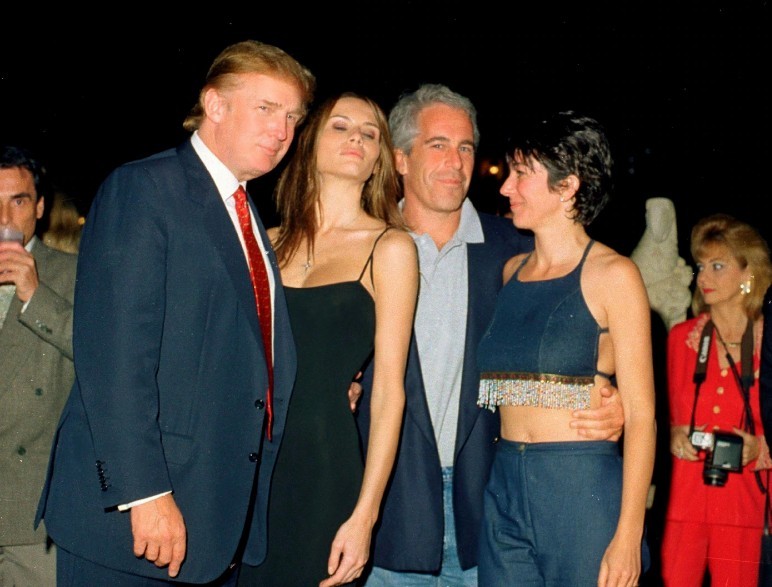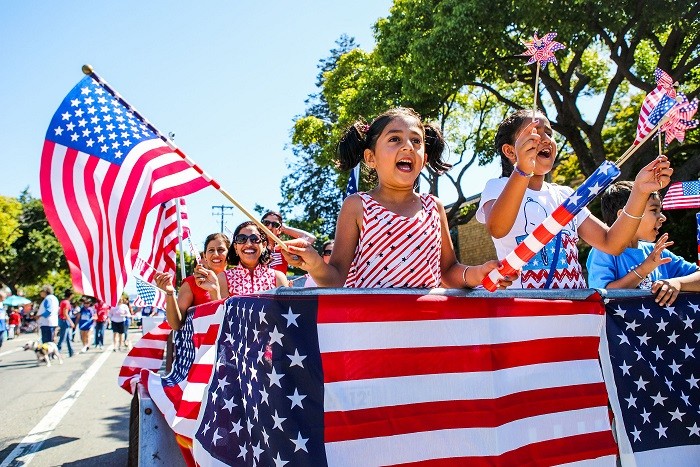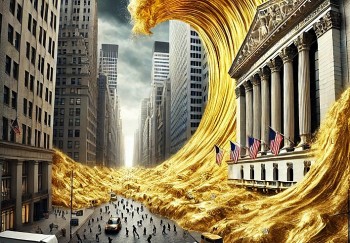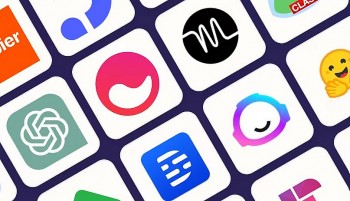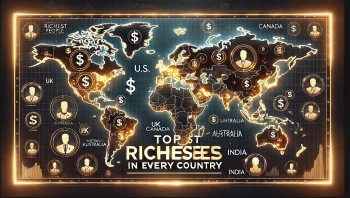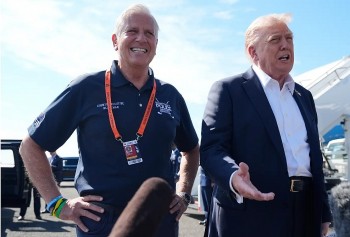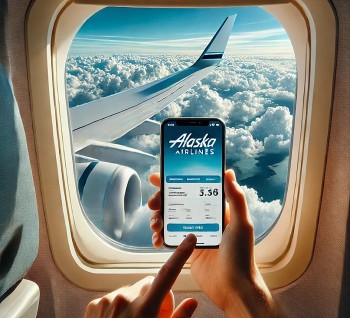Unforgettable July 4th Moments That Shaped America’s Spirit
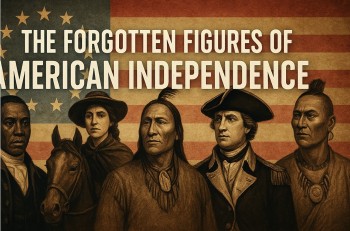 The Forgotten Figures of American Independence: Unsung Heroes Beyond the Founding Fathers The Forgotten Figures of American Independence: Unsung Heroes Beyond the Founding Fathers |
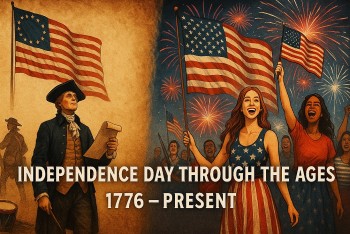 Independence Day Through the Ages: How July 4th Has Changed Since 1776 Independence Day Through the Ages: How July 4th Has Changed Since 1776 |
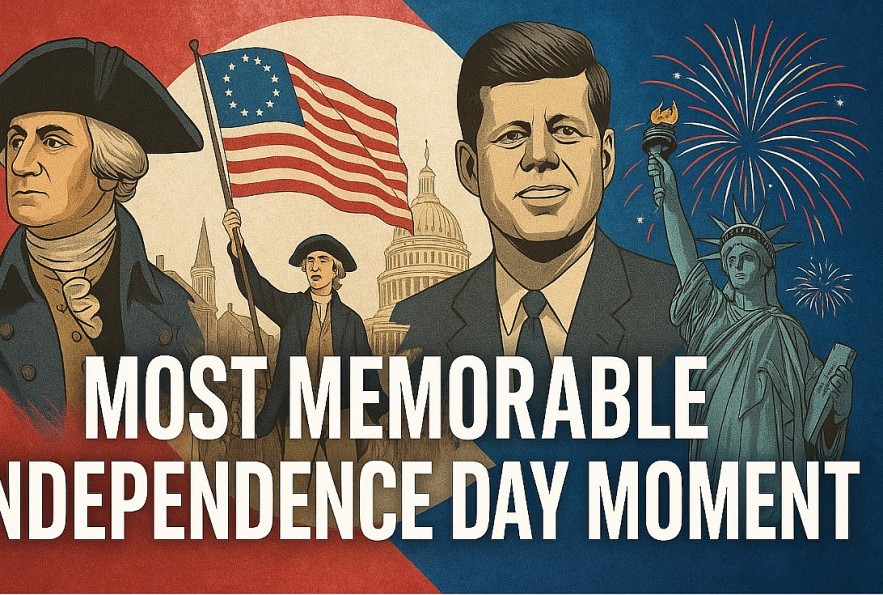 |
| The most memorable Independence Day events |
Independence Day is more than a patriotic holiday — it’s a living thread woven through the timeline of American history. Since the original adoption of the Declaration of Independence in 1776, July 4th has served not only as a day of celebration but also as a backdrop to major turning points, acts of defiance, national unity, and historical firsts.
From tragic ironies to cultural spectacles, these Independence Day moments reflect how the country remembers, redefines, and occasionally challenges the very ideals it was founded on.
1. 1826: The Deaths of Thomas Jefferson and John Adams on July 4th
Two of America’s most influential Founding Fathers, Thomas Jefferson and John Adams, both died on July 4, 1826 — the 50th anniversary of the Declaration of Independence.
-
Historical irony: Adams and Jefferson were rivals-turned-friends who helped draft the Declaration.
-
Last words: Adams reportedly said, “Thomas Jefferson survives,” not knowing Jefferson had died earlier that day.
Why it matters: Their deaths on such a symbolic date gave July 4 a nearly mythological aura. It reinforced American civic religion and gave rise to a new kind of patriotic nostalgia. Historians often reference this moment to illustrate the poetic legacy of America's founding generation.
Legacy:
-
Both men are memorialized with July 4th ceremonies.
-
The synchronicity is seen as one of the most remarkable coincidences in U.S. history.
2. 1939: Lou Gehrig's Farewell Speech at Yankee Stadium
On July 4, 1939, baseball legend Lou Gehrig delivered one of the most emotional and iconic speeches in sports history. Diagnosed with amyotrophic lateral sclerosis (ALS), Gehrig bid farewell in front of a sold-out crowd.
-
Famous line: "Today, I consider myself the luckiest man on the face of the earth."
-
Context: This was part of the Yankees' July 4th doubleheader celebration.
Why it matters: Gehrig's humility, strength, and sportsmanship transcended baseball. His farewell brought an unprecedented solemnity to a holiday usually marked by celebration.
Legacy:
-
ALS became commonly known as Lou Gehrig’s disease.
-
The speech is frequently replayed on July 4th and remembered as a defining moment of grace under pressure.
3. 1976: The U.S. Bicentennial Celebration
July 4, 1976 marked the 200th anniversary of American independence. The Bicentennial was a yearlong celebration, but July 4 was its climax, with events held in all 50 states and especially in Washington, D.C. and Philadelphia.
-
Tall ships and naval reviews in New York Harbor
-
Fireworks at the National Mall and all major U.S. cities
-
Queen Elizabeth II visited Washington and attended ceremonies with President Gerald Ford
Why it matters: After years of turmoil (Vietnam War, Watergate, civil rights struggles), the Bicentennial rekindled national unity. It was a celebration of renewal as much as of origins.
Legacy:
-
Massive participation: Over 200 million Americans engaged with Bicentennial events.
-
Coinage, stamps, and memorabilia from 1976 remain collector's items.
4. 1967: Lyndon B. Johnson Signs the Freedom of Information Act (FOIA)
Though not a grand spectacle, July 4, 1966, saw President Lyndon B. Johnson sign into law the Freedom of Information Act (FOIA), a pivotal piece of legislation that empowered public access to government records.
-
Official signing: Though the public ceremony occurred later, the bill was signed on July 4th, symbolically connecting transparency with democracy.
Why it matters: FOIA became a cornerstone of investigative journalism and citizen oversight, allowing the public to hold the government accountable. It was a quietly radical act.
Legacy:
-
FOIA requests have since exposed major government mishandlings and abuses.
-
The act embodies democratic values at the core of the July 4th ethos.
5. 2016: NASA's Juno Spacecraft Enters Jupiter's Orbit
On July 4, 2016, NASA's Juno spacecraft successfully entered Jupiter’s orbit after a five-year journey. While not political or traditional, this achievement coincided symbolically with the day of American independence.
-
Arrival time: Precisely timed for July 4.
-
Goal: To study Jupiter's composition, magnetic field, and formation.
Why it matters: The mission marked another step in U.S. leadership in space exploration. On a day that celebrates American innovation and courage, Juno's arrival was a fitting tribute.
Legacy:
-
Juno continues to send back valuable data.
-
The event was heavily covered by media as a moment of modern American triumph.
Honorable Mentions
-
1852: Frederick Douglass delivers “What to the Slave Is the Fourth of July?” — a powerful critique of American hypocrisy during slavery.
-
1997: NASA’s Pathfinder lands on Mars — another July 4 milestone in space.
-
1777: The first Independence Day celebration with fireworks in Philadelphia.
-
1863: The fall of Vicksburg, Mississippi to Union forces on July 4 during the Civil War.
Conclusion: More Than Just a Holiday
Independence Day is often portrayed as timeless and uniform, but in reality, it has played host to a wide variety of pivotal American moments. From deeply personal speeches to landmark legislative acts and scientific achievements, July 4th has served as a canvas on which the nation has painted its evolving identity.
These five events prove that Independence Day isn't just about looking back—it's about witnessing history as it unfolds.
FAQs
1. Did Thomas Jefferson and John Adams really die on the same day?
Yes, both died on July 4, 1826 — the 50th anniversary of the Declaration of Independence.
2. Why was Lou Gehrig's speech so significant?
It humanized a national hero and raised awareness for ALS, leaving a lasting emotional impact.
3. What made the 1976 Bicentennial special?
It was a massive, nationwide celebration that helped restore national pride during a time of division.
4. How does FOIA relate to Independence Day?
Signed on July 4, FOIA emphasized democratic values like transparency and public accountability.
5. Why celebrate a NASA mission on the Fourth of July?
Juno's arrival on July 4 aligned with themes of exploration and innovation central to the American spirit.
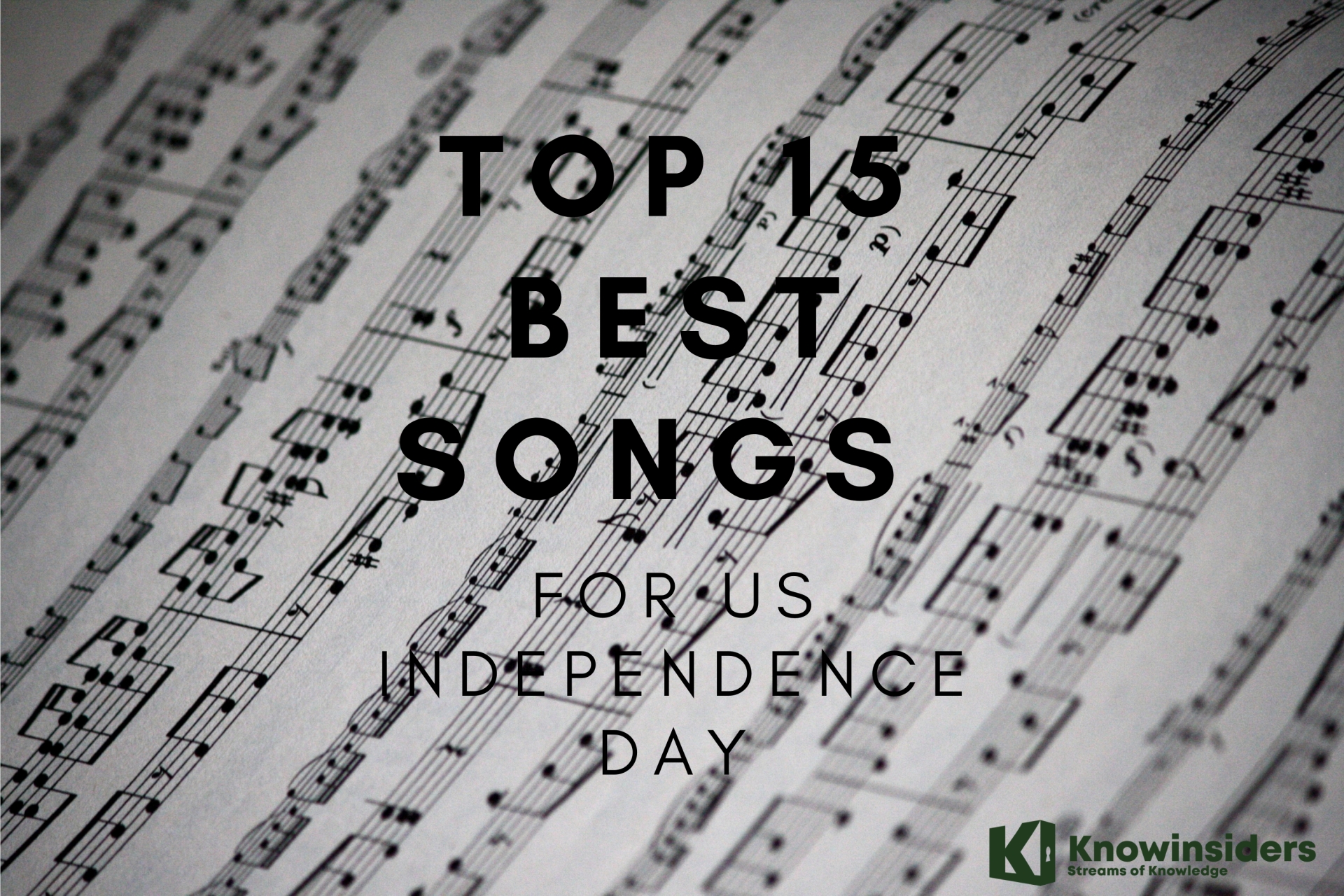 Top 15 Best Songs For US Independence Day (July 4) Top 15 Best Songs For US Independence Day (July 4) What songs to listen to on July 4? Don't forget to make a playlist of all the best ... |
 Top 25 Easiest Crafts To Make For US Independence Day (July 4) Top 25 Easiest Crafts To Make For US Independence Day (July 4) There are various ways to celebrate the US Independence Day (July 4). Making crafts is one of ... |
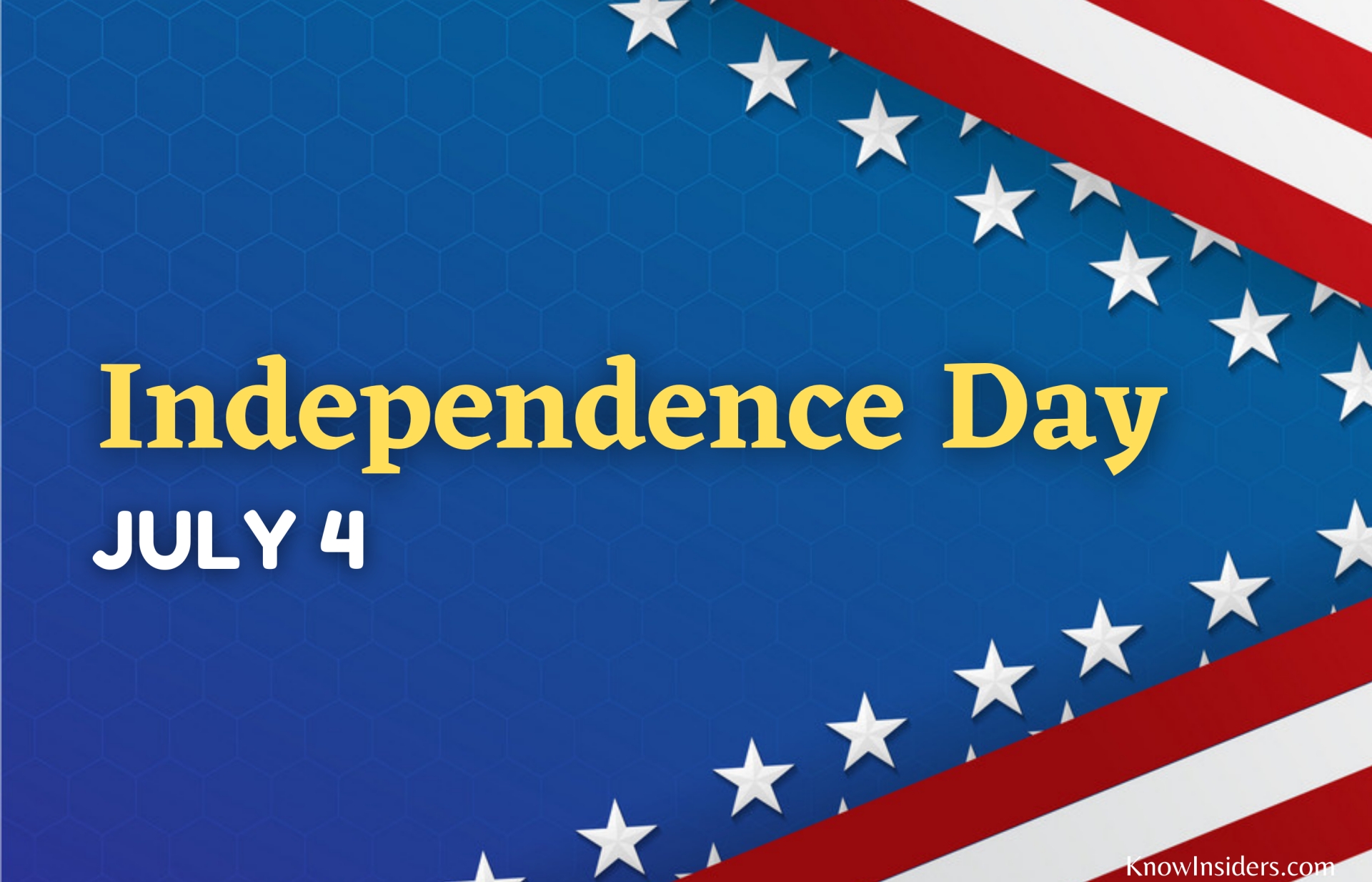 USA Independence Day (July 4): Timeline, Q & A and Facts USA Independence Day (July 4): Timeline, Q & A and Facts Independence Day is the most important holiday in the United States. Find out what it means and how it came to be. |
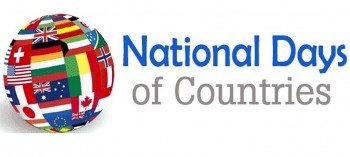 Full List of National Days/Independence Days of Every Country: Dates and Celebrations Full List of National Days/Independence Days of Every Country: Dates and Celebrations A National Day is a date for a country to celebrate its nationhood. Common reasons for a certain day are the date on which a ... |
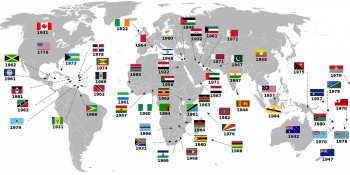 List of Independence Days for Every Country in the World List of Independence Days for Every Country in the World Independence Day, also known as National Days, Liberation Days, King's Days, etc., is important in most countries. It commemorates their independence from colonial rule or ... |




